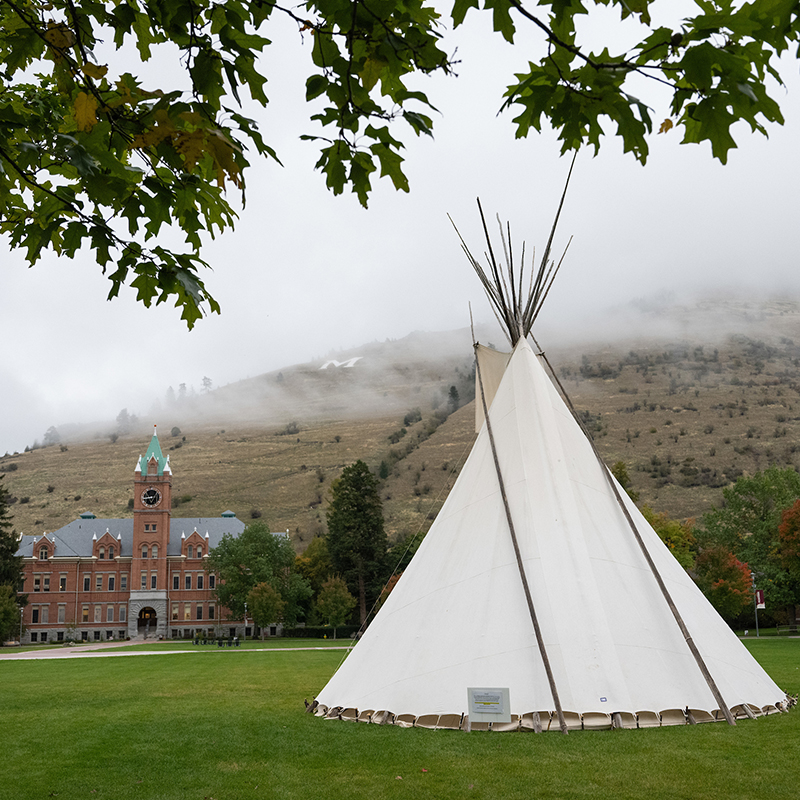About
AIGPI is a Native-led research entity and independent think tank created by Heather Cahoon and approved by the Montana Board of Regents in 2020. AIGPI provides tribal nations in Montana with credible, in-depth research and analysis of tribal-level policies that impact the full range of social determinants of health in Indian Country. This includes policies related to internal government structures and functions, social and health issues, revenue generation and economic development, among other topics requested by tribal leaders.
With sovereignty in mind, AIGPI was created to support tribal government officials with the type of policy research, analysis, and related legal expertise that is supplied to state legislators through Legislative Services Divisions (LSD) and federal policymakers through Congressional Research Services (CRS). The CRS website says it best: “With public policy issues growing more complex, the need for insightful and comprehensive analysis has become vital. Congress relies on CRS to marshal interdisciplinary resources, encourage critical thinking and create innovative frameworks to help legislators form sound policies and reach decisions on a host of difficult issues. These decisions will guide and shape the nation today and for generations to come.”
Federal Indian law makes tribal policymaking crucial. Tribes nations are best positioned to address the complexities and challenges surrounding the history and impacts of federal Indian law and policies. AIGPI recognizes the relative newness of modern day tribal governments, many of which were formed after the passage of the Indian Reorganization Act of 1934. Likewise, the number of challenges to tribal sovereignty and resources that come before the Supreme Court of the United States bolsters the importance of providing tribal policymakers with a critical professional service that can further their efforts to strengthen reservation economies and build individual and community health and prosperity.
AIGPI research and analyses also help educate local, state and federal policymakers and the broader public on an array of complex policy matters relating to American Indians that have real quality of life implications in tribal communities across the country. Additionally, through an active learning environment tribal community members and student leaders gain a comprehensive understanding of the tribal policymaking process, how various levels of policy interact, and how outdated, unresponsive and harmful public policies can be reengineered to encourage systems that support socioeconomic health and tribal sovereignty.
